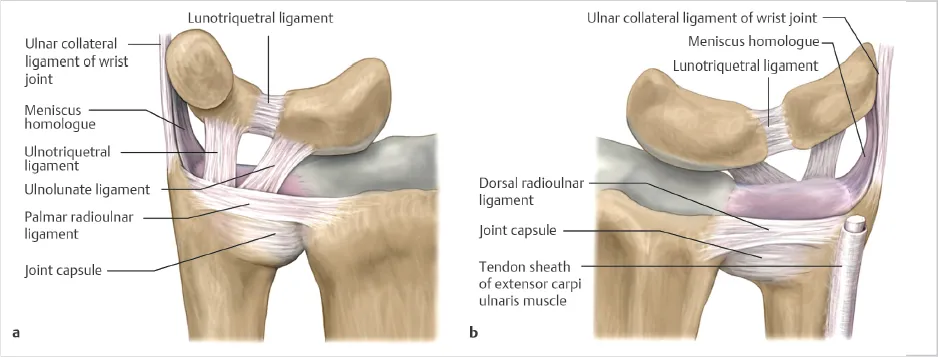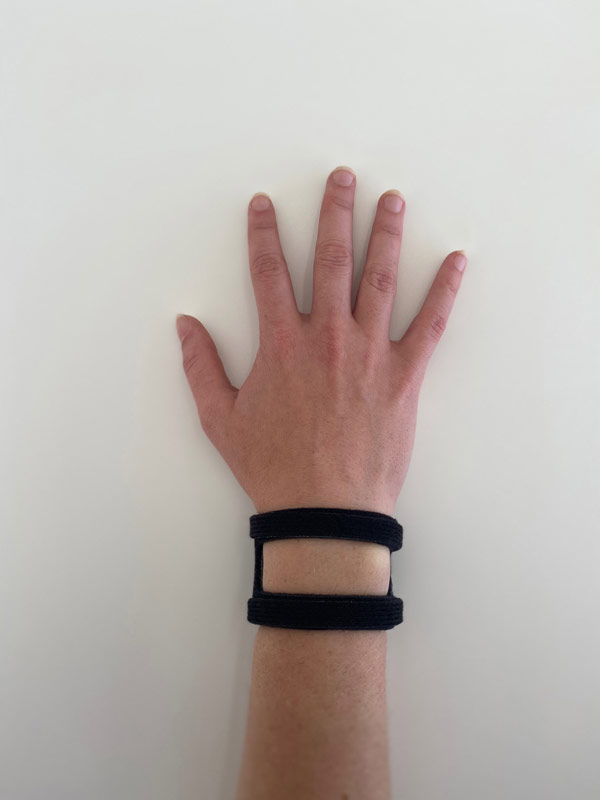Triangular Fibrocartilage Complex Injuries ( TFCC)
Understanding TFCC
Injuries: Causes, Symptoms, and Treatment
Learn about TFCC injuries, their causes, symptoms, and
treatment options. Discover effective rehabilitation strategies for optimal
wrist recovery.
The TFCC (Triangular Fibrocartilage Complex) is crucial for
wrist stability and smooth movements. It consists of the TFC, radioulnar
ligaments, ulnolunate and ulnotriquetral ligaments, and the ulnocarpal meniscal
homologue.
Causes of TFCC Injuries
Traumatic Causes:
- Falls:
Landing on an outstretched hand.
- Direct
Impact: Sudden blows to the wrist.
- Forceful
Rotation: Rapid, forceful wrist movements.
Degenerative Causes:
- Aging:
Deterioration over time.
- Repetitive
Strain: Continuous, repetitive motions.
Symptoms of TFCC Injuries
- Pain
on the ulnar side of the wrist.
- Swelling
and weakness.
- Clicking
or popping sounds.
- Instability
and looseness.
Diagnosis of TFCC Injuries
- Clinical
Examination: History, palpation, range of motion tests, and special
maneuvers.
- Imaging:
X-rays, MRI, and MR arthrography.
- Arthroscopy:
Direct visualization for definitive diagnosis.
Treatment Options for TFCC Injuries
Conservative Treatment:
- Rest
and immobilization.
- Medications
(NSAIDs).
- Hand
therapy and exercises.
Minimally Invasive Treatments:
- Corticosteroid
injections.
- Platelet-Rich
Plasma (PRP) injections.
Surgical Treatment:
- Arthroscopic
debridement and repair.
- Open
surgical repair.
- Ulnar
shortening osteotomy.
Rehabilitation
Post-Treatment Phases:
- Initial
Phase: Pain management and gentle exercises.
- Intermediate
Phase: Strengthening and flexibility exercises.
- Advanced
Phase: Intensive strengthening, functional training, and
sport-specific drills.
Prognosis
Recovery depends on injury severity, timeliness of
treatment, patient compliance, and presence of chronic conditions. Early
diagnosis and proper management are crucial for optimal recovery.
Conclusion
TFCC injuries affect wrist function and daily activities.
Early diagnosis and a tailored treatment plan are essential for recovery.
Conservative treatments are often effective, but surgery is an option for
severe cases. Rehabilitation is key to restoring wrist function and preventing
recurrence. Consult a healthcare provider experienced in wrist injuries for the
best outcomes.


